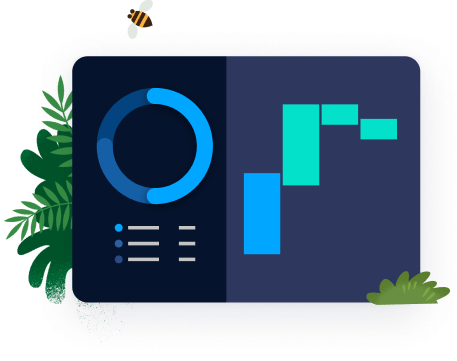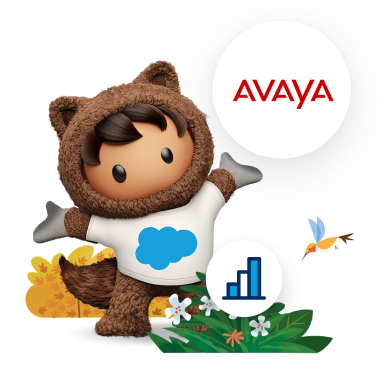Intelligent analytics built for the world’s #1 CRM.
Intelligent analytics built for the world’s #1 CRM.

When work flows, insights grow.
Capture actionable insights right inside your CRM.
Discover the story your data has to tell.

22% Shorter Case Age
25% Increase in Business
27% More Strategic
See where your business needs to go — and how to get there.
“CRM Analytics lets us link the analytics to our business processes by embedding these insights right within the CRM workflow,’ said Mariano Salatino, Vice President of Sales Operations at Avaya. “No other tool could give us that ability without a huge investment in custom development.”
Mariano Salatino

Manage the big picture and take action.
Get industry-specific templates, prebuilt integrations, and custom dashboards.
Get better business insights from your data with the right analytics solution for your business.
Einstein Predictions
Einstein Predictions
(billed annually)
CRM Analytics Growth
CRM Analytics Growth
(billed annually)
CRM Analytics Plus
CRM Analytics Plus
(billed annually)
Revenue Intelligence
Revenue Intelligence
(billed annually)
* All per-user products require an annual contract.
This page is provided for information purposes only and subject to change. Contact a sales representative for detailed pricing information.
Explore the entire Tableau platform.
CRM Analytics
Tableau Prep
Tableau Desktop
Tableau Cloud
Tableau Server
See new customer-focused features in the Spring ’22 Product Release.
Check out this product release for new ways to:
- Query Marketing Cloud Customer Data Platform directly
without moving data - Use Einstein Discovery to classify your data
- Create rich cards with a new widget









